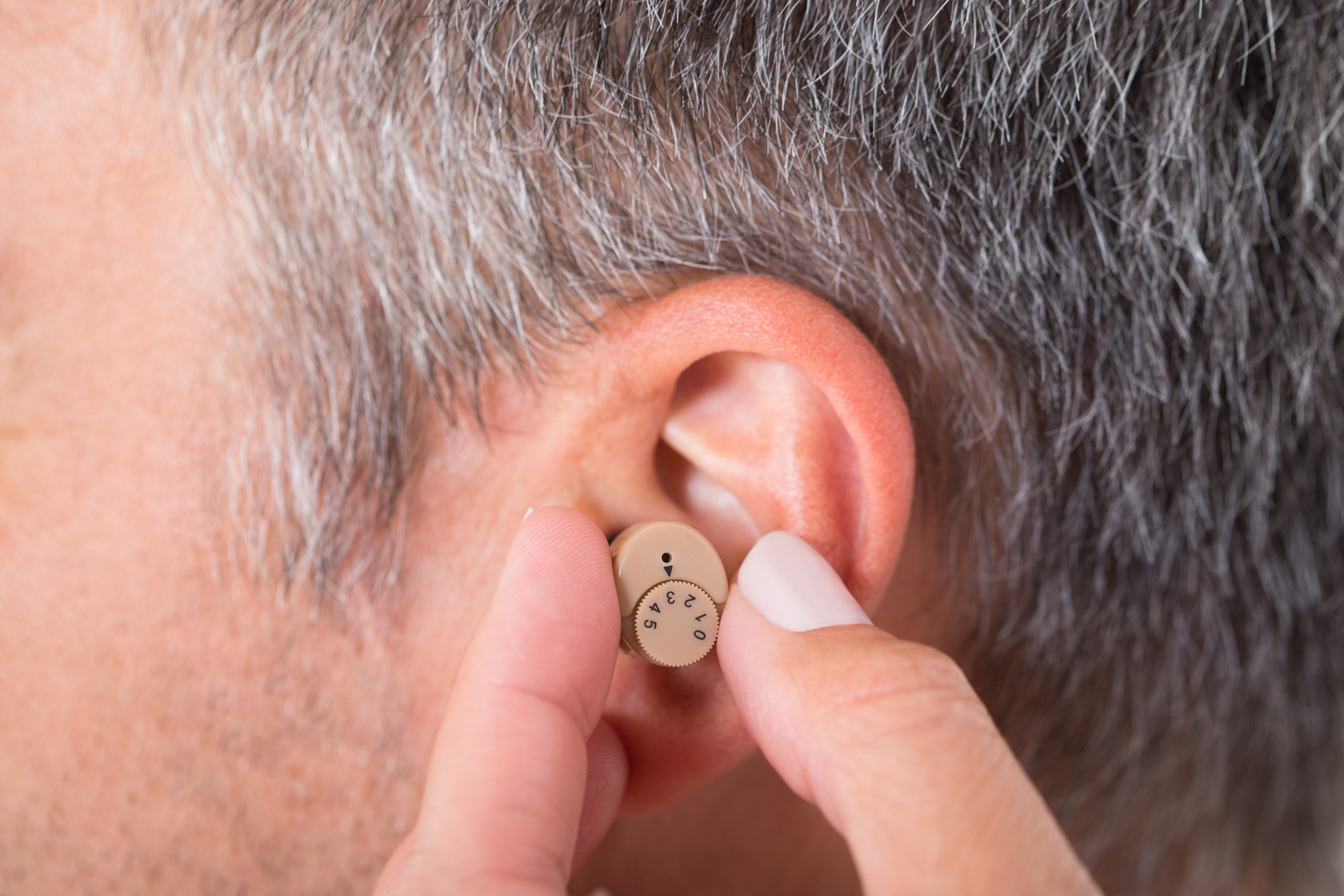While many older adults who are hard of hearing resist getting fitted for hearing aids, there is mounting evidence that hearing loss can have a greater effect on health and wellness than we might imagine.
According to a recent New York Times report, seniors with untreated hearing loss can have an accelerated rate of cognitive decline. They also report more falls, more hospitalization and more frequent periods of poor physical or mental health. And it’s stands to reason; older adults who can’t participate in conversations may withdraw socially and isolation can lead to depression and speed cognitive decline.
With the soaring number of baby boomers reaching retirement age, the rate of hearing impaired adults is on the verge of exploding. Already more than 60 per cent of people in their 70s have mild to moderate hearing loss and boomers, with their love of concerts and rock music, may have worse odds. And yet despite the prevalence of hearing loss, only about one in five seniors wears a hearing aid.
Besides vanity, cost is often a major factor that prevents older adults from wearing hearing aids. But new legislation, if successful, will open up the sale of hearing aids to the consumer electronics market reducing their cost significantly. Modern digital hearing aids have come a long way from the older models which required a trained specialist to adjust and were bulky and conspicuous. Some may still need to see an audiologist to dial in the device properly, but deregulation could make hearing aids accessible to many more people, saving millions of spouses from yelling at each other over the blasting television.
With funding from the National Institutes of Health, a five year study is underway to determine if successfully treating hearing loss can slow or delay the onset of dementia. To learn more follow this link to the Journal of the American Medical Association, Internal Medicine.






Add Your Voice
0 Comments
Join the Discussion